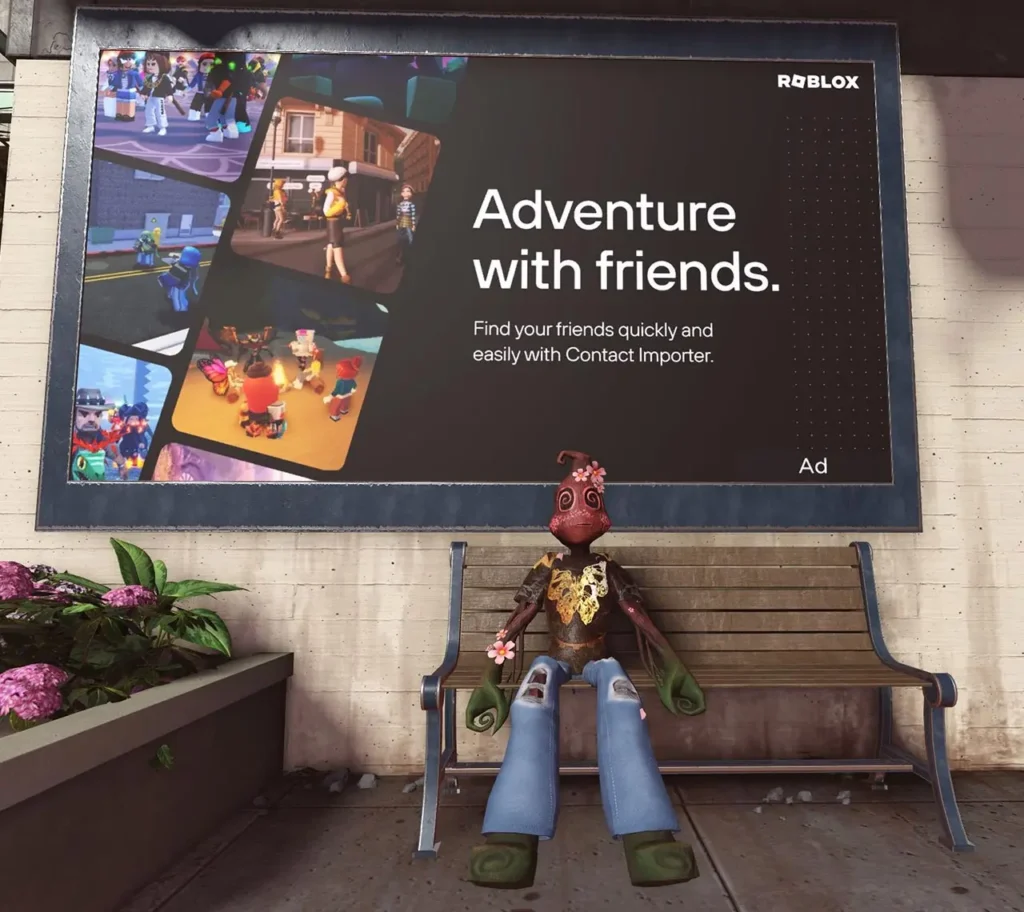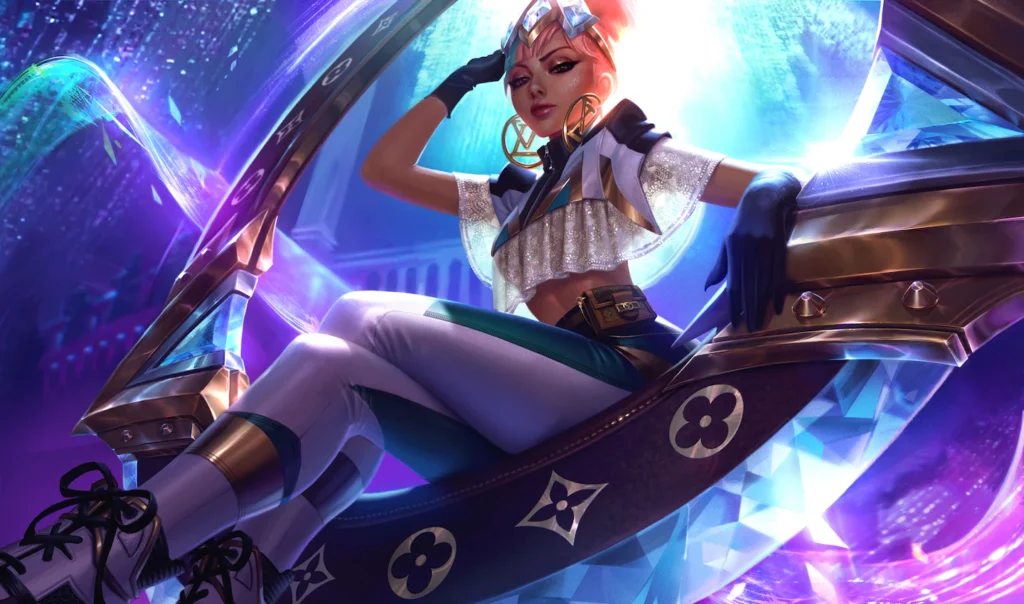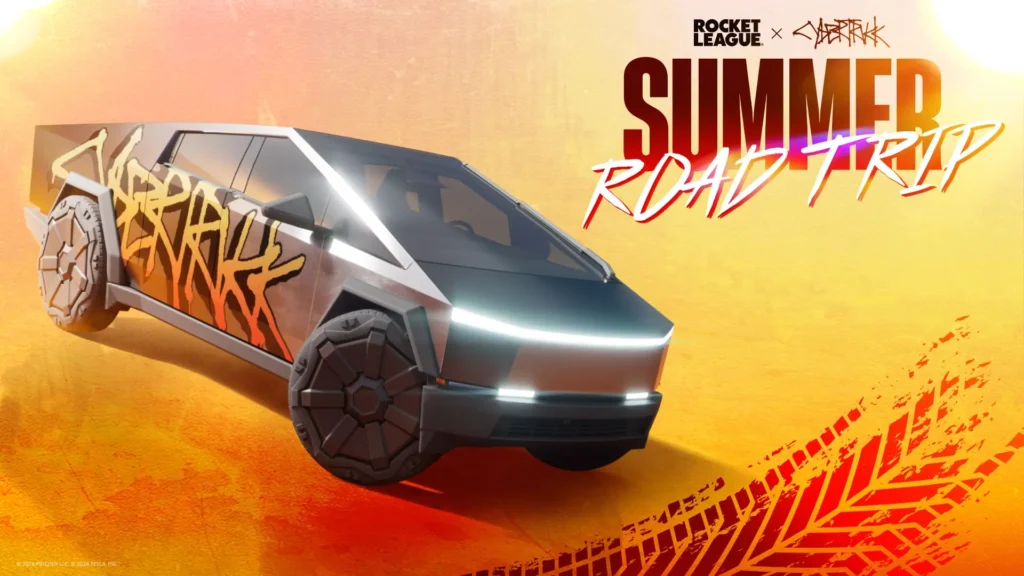Marketing is a multifaceted field full of specific jargon and terminology.
Understanding this vocabulary is essential.
Gaming marketing is no different. Where the principles core to successful gaming strategies and campaigns require knowledge of specific terms.
So, this is the first part of a series covering key gaming marketing terms.
The objective is to learn their meanings, and gain insights that help navigate this dynamic space!
Game System
All video (digital) games are systems consisting of objects, attributes, also known as features, and relationships in a virtual environment.
Where everything in a video game, no matter how simple or complex, is expressed through these properties.
That means all gaming marketing activities which tap into a video game’s virtual world will do so through the same properties.
Example
Immersive ads on the Roblox platform are visual objects. The advertising objects are defined by features which determine whether they appear as an image, a video or a portal. Where ad units appear in certain locations based on their relationship to other objects in the virtual environment.

Gameplay
Digital gameplay is the human experience of a video game’s rules, objectives and goals – within the boundaries of a game system.
As a marketer, it’s important to understand that video games are not toys people play with or products people use.
Instead, they are systems specifically designed to provide a playable experience (the experience of gameplay).
Example
Louis Vuitton partnered with Riot Games in 2019. The resulting in-game integration weaved the iconic fashion brand into League of Legends gameplay – via a branded in-game skin.

Gaming
Gaming, when used as a verb, refers to the act of engaging in digital gameplay (a playable experience).
When used as a noun, gaming is something relevant to gameplay.
Example
“The target audience spends at least 10 hours a week gaming.” (verb usage)
“The product innovation team just finished the co-branded gaming mouse.” (noun usage)
Game Experience
Video games exist to provide an enjoyable playable experience. So, they are known as game experiences.
That’s because video games are defined by the moments, emotions and sensations experienced through interaction with their systems.
So, even though video games are a legitimate form of technology, they are judged by whether they can incite emotions, like fun and enjoyment, as opposed to functional features, like how well they accomplish a task.
Example
“It is often the case that game players speak about experiences in games from a first-person perspective, highlighting their sense of self (and therefore, values and social connections) within the game world as personal and salient.”
— Get in the Game: How to Level Up Your Business with Gaming, Esports, and Emerging Technologies by Jonathan Stringfield, PhD
Emotions and Moments
The moments and emotions experienced through interaction with video games are part of, not separate from, the game itself.
For example, the emotional highs and lows experienced through gameplay are as much a part of a game as its tangible features.
As a result, gaming marketing can tap into these intangible elements to effectively inspire action.
Example
In celebration of Halo’s 20th anniversary, Xbox and Swarovski released two collectible crystal figurines. The collectibles effectively tapped into the deep well of moments and emotions (nostalgia) associated with the Halo game franchise.

Game Feel
A playable experience is defined by game feel, which according to the book “Game Feel: A Game Designer’s Guide to Virtual Sensation” by Steve Swink, is, “the tactile, kinesthetic sense of manipulating a virtual object the sensation of control in a game.”
The sensory experience of controlling virtual objects is central to what makes digital gameplay enjoyable.
As a result, virtual objects can serve as effective marketing and advertising assets.
Example
To promote its controversial Cybertruck, Tesla linked with Epic Games’ Rocket League game title. The collaboration allowed players to drive a virtual version of the all-electric pickup truck.

Also, remember to subscribe to our YouTube channel to keep up with the latest gaming marketing insights and trends!

